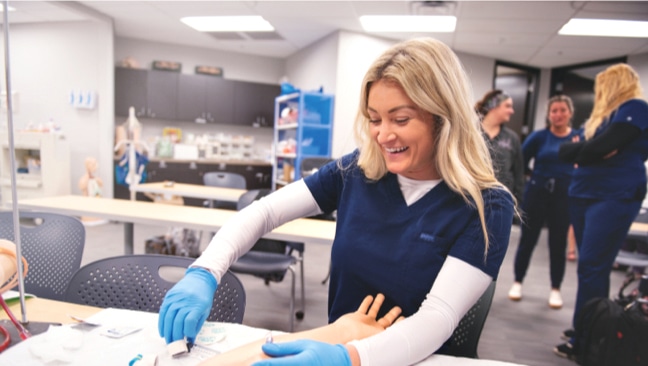Program Outcomes
Our PA program is committed to continuous improvement through a structured self-assessment process. We regularly evaluate our curriculum, student outcomes, and program resources to ensure alignment with educational standards and evolving healthcare needs. Feedback from students, faculty, preceptors, and graduates plays a vital role in this process, allowing us to adapt and enhance our program to foster excellence in physician associate education. This rigorous self-assessment supports our mission to prepare competent, compassionate healthcare providers ready to serve diverse communities.

PANCE Pass Rate
Our first cohort will graduate in December 2027. The program will collect PANCE data after that cohorts sits for the exam. The Program’s ARC-PA 5 Year Aggregate PANCE summary will be located on this page once it becomes available.
Annual Student Attrition Rate
Our first cohort will graduate in December 2027, and information regarding the program’s attrition and retention rates will be located here once available.

Program Goals Summary and Progress
Our first cohort will matriculate in Fall 2025. Information regarding the program’s success in meeting programmatic goals will be located HERE.
